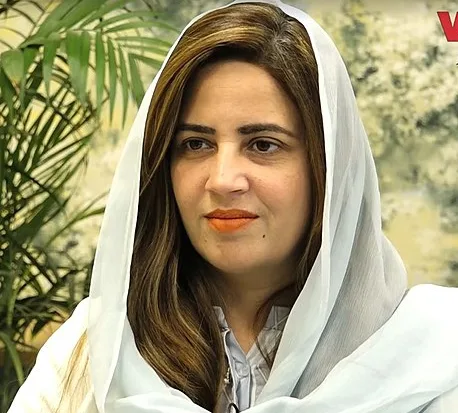Three cases were registered under the New Peaceful Assembly and Public Order Act, 2024, following PTI’s rally disruption and alleged violence
In Islamabad, three cases have been filed against Pakistan Tehreek-e-Insaf (PTI) leaders for violations during a recent rally. The cases, registered under the newly enacted Peaceful Assembly and Public Order Act, 2024, stem from accusations of rally time overruns, route deviations, and violence against police officers.
The first case, lodged at Sangjani Police Station, accuses PTI organizers of extending the rally beyond the approved time limit. The second case, filed at Sumbal Police Station, involves violations of the pre-approved rally route, with convoys diverting through Sadaat Colony and Srinagar Highway. The third case, registered at Noon Police Station, pertains to allegations of stone-pelting on law enforcement officials, including the senior superintendent of police (SSP) Safe City and other officers.
Prosecution preparations are underway, with 28 PTI leaders, including prominent figures such as Zartaj Gul, Aamir Mughal, Shoaib Shaheen, Umar Ayub, Seemabia Tahir, and Raja Basharat, named in the cases. The charges allege that PTI workers attacked police with stones and sticks after being stopped for route violations, resulting in the arrest of 17 workers following the deployment of tear gas by authorities.
Embed from Getty ImagesFederal ministers Attaullah Tarar and Engineer Amir Maqam criticized the PTI rally, alleging that participants were coerced into attending and accusing the opposition of unethical practices. They also condemned the provocative rhetoric used by Khyber-Pakhtunkhwa Chief Minister Ali Amin Gandapur during the rally.
The PTI rally, which took place on September 8, 2024, was marked by clashes with police, leaving dozens injured on both sides. Despite stringent security measures, including roadblocks and the suspension of public transport, a significant number of PTI supporters attended the event.
The rally occurred amid heightened tensions, following the introduction of the Peaceful Assembly and Public Order Act, 2024, aimed at regulating public gatherings and imposing stricter penalties for violations. The new legislation was implemented just a day before the PTI rally, leading to increased scrutiny of the event’s management and conduct.
Khyber Pakhtunkhwa Chief Minister Ali Amin Gandapur, addressing the rally, declared that Lahore would be the next focus for PTI’s political activities, signalling ongoing unrest and opposition mobilization.
Analysis
Political:
The legal actions against PTI leaders and the implementation of new regulations highlight escalating tensions between the ruling government and opposition parties. The cases and legislative changes reflect the government’s efforts to control public dissent and manage political demonstrations. This situation underscores the increasing polarization and conflict in Pakistani politics.
Social:
The rally and subsequent legal actions illustrate the social unrest and public frustration associated with political rallies and their impact on everyday life. The disruptions caused by the rally, including transportation and business closures, emphasize the broader societal effects of political conflicts and demonstrations.
Economic:
The closure of public transport and businesses around the rally venue indicates the economic impact of large-scale political events. Such disruptions can affect local economies and highlight the financial strain on both businesses and public services during politically charged periods.
Racial:
While the immediate focus is on political and legal issues, there may be underlying racial or ethnic dimensions to the political dynamics in Pakistan. The involvement of diverse political leaders and supporters in the rally and legal proceedings reflects the complex social fabric of the country.
Gender:
The involvement of female PTI leaders, such as Zartaj Gul, in the legal cases highlights the role of women in Pakistani politics. Their participation in high-profile events and legal controversies illustrates the gender dynamics within political movements and their influence on public discourse.
